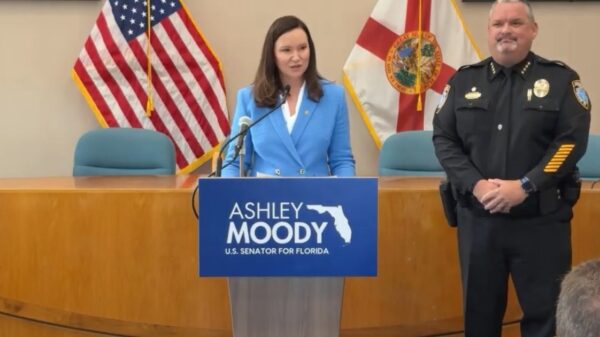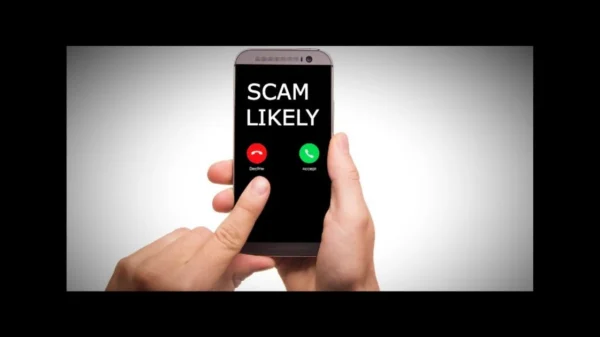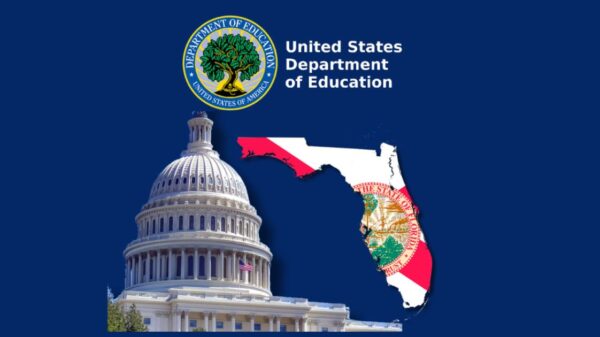State Attorney General Ashley Moody’s efforts to stop scams and assist Floridians continued this week as Florida recognizes National Consumer Protection Week.
Since 2019, Moody has secured more than $310 million in total relief to Florida, with more than $236 million in direct relief for consumers, including credit monitoring, debt forgiveness, restitution and other relief. All this week, Moody will be highlighting resources developed to help Floridians avoid scams through an online social media campaign.
“A robust educational campaign is the cornerstone of any comprehensive consumer protection effort. In recognition of National Consumer Protection Week, I will be reaching out directly to Floridians with information and resources about emerging scams and common tactics used to execute fraudulent schemes. Additionally, I am excited to announce the recovery of more than $310 million in relief for Florida which includes more than $236 million in direct relief to consumers,” Moody said.
Since 2019, Moody’s Consumer Protection Division has secured $310,360,362 in total relief to Florida. Due to the division’s efforts, more than 75,000 Floridians have received either monetary relief or other relief. Moody worked to put an end to a myriad of scams and deceptive trade practices. A few recent notable cases include:
State of Florida v. BookIt Operating, LLC—According to an investigation by the Florida Attorney General’s Office, BookIt acted as an online, third-party intermediary for airlines, car rentals and hotels. During the COVID-19 pandemic, the company failed to disclose to customers that it did not possess funds for current bookings in the absence of new incoming bookings, leaving thousands in Florida and nationwide empty-handed with no travel booked and initially no money back. Moody’s office obtained a consent judgment against BookIt resulting in payment of more than $445,000 to return travel deposits to those who filed complaints. The company also paid more than $6.7 million in relief to certain consumers related to the investigation—bringing the total recoveries to more than $7 million.
State of Florida v. Navient—As part of a multistate action, Moody secured $1.85 billion from Navient for misrepresenting to student loan borrowers the best repayment options available. Under the terms of the consent judgment, Navient is providing relief to resolve allegations of widespread, deceptive and unfair student loan servicing practices and abuses in originating predatory student loans. Florida will receive more than $199 million in relief from the action. Navient, while d/b/a Sallie Mae, allegedly originated predatory, subprime private loans to students attending for-profit schools and colleges with low graduation rates, even though the company knew that a very high percentage of such borrowers would be unable to repay the loans.
State of Florida and Federal Trade Commission v. Lifewatch, Inc.—Moody and the FTC shut down a massive robocall scheme resulting in $1.8 million in refunds for customers nationwide. According to a federal-state investigation, Lifewatch bombarded people with more than 1 billion unsolicited robocalls pitching a variety of products and services, including fraudulent medical alert systems. Many of the illegal robocalls targeted seniors. Recipients of the relief money include more than 1,300 Florida victims of the robocall operation.
In addition to holding scammers accountable, Moody is committed to releasing consumer education material so that Floridians can avoid becoming victim to fraud. The Attorney General’s Consumer Alert program informs Floridians about emerging scams and the latest tricks used by fraudsters. For more than three years, Moody’s office has issued more than 100 alerts to help Floridians guard against scammers, hackers, identity thieves and more.
Along with Consumer Alerts, Moody initiated the Scams at a Glance program, easy-to-share resources with information on common and emerging scams. The Scams at a Glance resources are downloadable brochures, available in both English and Spanish. Topics covered include Charity Scams, Cryptocurrency Scams, IRS Imposters, Phantom Debt and more.



















